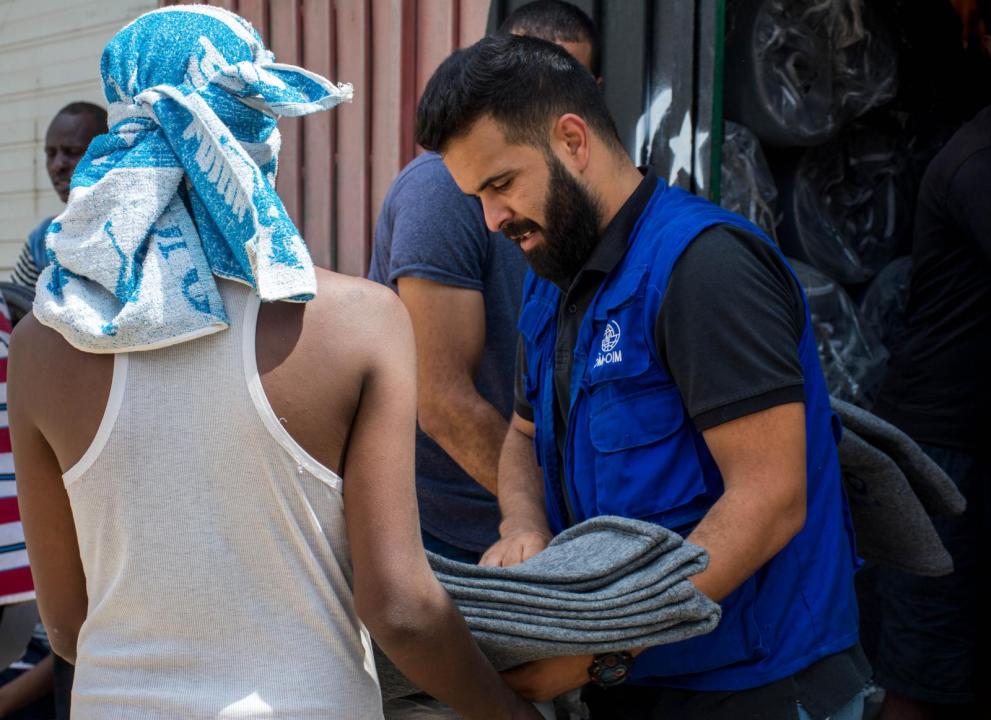
"I miss Sudan, I miss its land, I miss its soil... I want to close my eyes and find myself home.” After almost a decade in Egypt, Al-Rasheed Hassan Ibrahim returned to Sudan in November 2019. His dream is to open up a shop selling gas bottles.
Three years after its launch, the EU-IOM Joint Initiative for Migrant Protection and Reintegration continues to respond to the needs of stranded and vulnerable migrants. Supported by the EU Emergency Trust Fund for Africa, this Initiative with the International Organization for Migration (IOM) covers 26 African countries. It assists those who are en route, offers voluntary return assistance to those who decide to return, and supports returnees and their communities in the reintegration process.
The importance of the Joint Initiative is highlighted by recent announcements of new funding from the Trust Fund totalling €44 million. This includes €24 million for activities with migrants returning from Libya, €10 million for returns and reintegration in the Sahel and Lake Chad region, and €10 million for migrant protection in the Horn of Africa.
While some migrants have no problems reintegrating, many find it difficult to re-establish the necessary relationships – economic, social and psychosocial – to maintain life, livelihood and dignity. They may return to a community that lacks the resources to help them, and can also face attitudes that negatively affect their physical and mental health and consequently also their livelihood and economic opportunities.
For this reason, the Joint Initiative works closely with countries of transit and origin and both state and non-state actors in assisting migrants in their reintegration. It promotes an integrated approach to reintegration that supports both migrants and their communities and has the potential to complement local development.
As the Initiative enters its fourth year, it looks to optimise the impact of assistance and improve the sustainability of the results by strengthening coordination with partners, improving synergies with other initiatives and further enhancing national ownership of actions.
The IOM will organise a series of events on opportunities and challenges around sustainable reintegration in early 2020.
Watch the video on EU-IOM Joint Initiative activities in the Sahel/Lake Chad region:
Watch the video on EU-IOM Joint Initiative activities in the North Africa region:
Three years of EU-IOM Joint Initiative in numbers:
26 200 migrants assisted through search and rescue operations
66 600 migrants given voluntary return assistance
80 000 migrants aided with post-arrival reception and reintegration assistance
38 Migrant Resource and/or Response Centres established, rehabilitated or maintained to protect and provide direct assistance to migrants in vulnerable situations
13,500 awareness-raising events and activities organised to sensitise communities of origin and help migrants and potential migrants to make informed decisions
57 Flow Monitoring Points put in place to strengthen data on migratory movements and on the needs of vulnerable migrants
For more information, visit: https://migrationjointinitiative.org/
Follow the conversation on social media: #EUAfricaTrustFund
Details
- Publication date
- 20 December 2019
- Region and Country
- Cross-window
